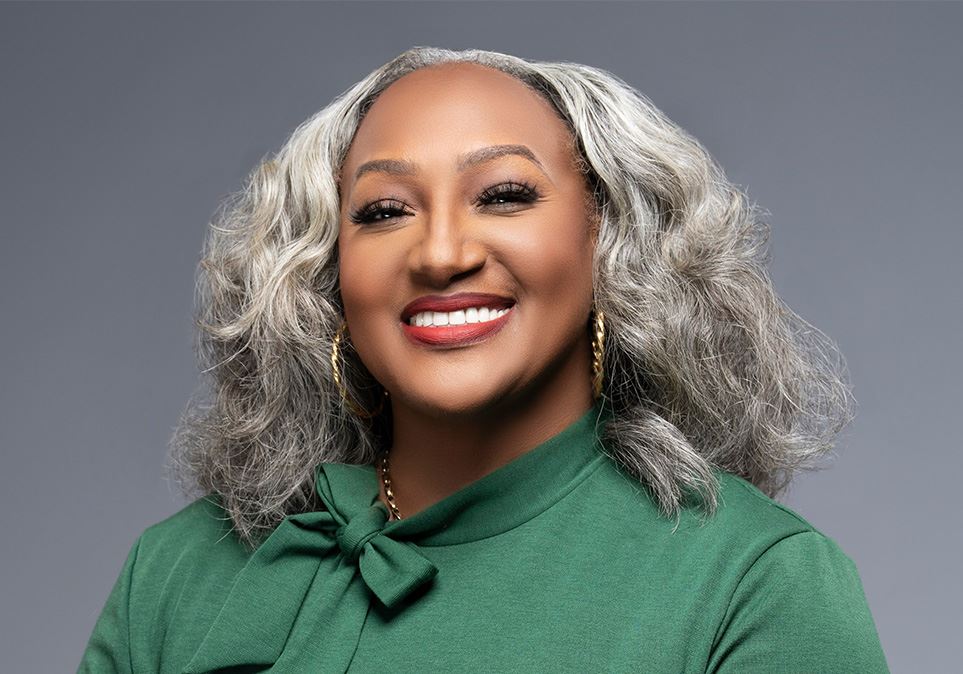
DeKalb County Conservatorship Lawyers
Conservatorships are legal arrangements in which a court appoints an individual (the conservator) to manage the financial affairs of another person (the conservatee). The conservatee is someone unable to manage their finances due to age, mental incompetence, or other incapacities. The conservator is responsible for managing and protecting the conservatee's assets, paying bills, and handling financial transactions to ensure their welfare.
Certain situations may call for the appointment of a conservator. When aging adults face cognitive decline, dementia, or other serious health issues that impair their abilities, a conservatorship can protect their financial interests.
Adults with disabilities, minors with significant assets, and accident victims also may need a conservator to oversee their finances temporarily or permanently, depending on the circumstances.
At E.N. Banks-Ware Law Firm, our mission is to provide sound advice and strategic representation that meets your needs and pursues desired results. With 35 years of experience to draw on, our team understands what is at stake and the vital importance of our role as professionals in helping you achieve optimum outcomes. We can help you seek or contest a conservatorship or resolve disputes or issues related to them.
Book a confidential consultation with a DeKalb County conservatorship attorney. Reach E.N. Banks-Ware Law Firm online or at (470) 523-3135.
Responsibilities of Georgia Conservators
A conservator may be responsible for many financial tasks and transactions to safeguard the conservatee's financial health and ongoing needs.
These transactions can include:
- Paying bills: Managing and ensuring timely payment of everyday bills such as utility bills, medical expenses, rent or mortgage, and insurance premiums.
- Investment management: Overseeing and making decisions about the conservatee's investment portfolio to preserve and grow the assets, including buying and selling stocks, bonds, and other securities.
- Taxes: Preparing and filing state and federal tax returns and ensuring all taxes owed are paid on time to avoid penalties.
- Managing bank accounts: Handling the conservatee’s bank accounts, which includes deposits, withdrawals, and reconciling bank statements to ensure accurate record-keeping.
- Budgeting: Creating and maintaining a budget to ensure that the conservatee’s resources are allocated appropriately, prioritizing their needs and future well-being.
- Property management: Overseeing real estate, including paying property taxes and mortgage payments and arranging for maintenance or rental of properties.
- Debt management: Managing and negotiating debts owed by the conservatee and settling or paying outstanding balances.

Fiduciary Duty of Conservators
Conservators have a legal and ethical obligation, a fiduciary duty, to act solely in the conservatee's best interests. They must adhere to a high standard of care and diligence, and their actions must be favorable to the conservatee and align with their needs and preferences.
One critical aspect of this fiduciary duty is prudence. Conservators must handle the conservatee's assets with the same level of caution and care as they would their own, avoiding risky investments. All financial decisions should be sound and well-considered.
Additionally, conservators must maintain transparency by keeping accurate and detailed records of all transactions and decisions. These records are essential for periodic reporting to the court, which oversees the conservator's actions to ensure compliance with legal and ethical standards.
Fiduciary duty entails avoiding conflicts of interest. Conservators must not use the conservatee's resources for personal gain or engage in transactions that could benefit them personally at the expense of the conservatee. They must prioritize the conservatee's financial health and overall well-being, making choices that serve their best interests.
Georgia law requires conservators to act with loyalty and dependability, maintaining a relationship of trust with the conservatee and their family. This involves open communication, respecting the conservatee's wishes to the extent possible, and being responsive to their evolving needs.
What Is the Difference Between a Guardianship and a Conservatorship?
While both guardianship and conservatorship involve the court appointment of a responsible person, they serve different purposes. Guardianship primarily focuses on personal and healthcare decisions, whereas conservatorship deals with managing the financial affairs of the vulnerable individual. In some cases, the same person may be appointed to both roles, but they involve distinct responsibilities and legal processes.

Our Commitment to Your Family
What Sets E.N. Banks-Ware Law Firm Apart?
-
Integrity and TrustWe prioritize integrity and trust in all our interactions, fostering a transparent and honest relationship with our clients to help them navigate their legal challenges confidently.
-
Personalized SolutionsEvery family is unique, and so are their legal needs. We provide personalized legal solutions tailored to fit the specific circumstances of your case.
-
Expert AdvocacyWith extensive experience in family law, we offer expert advocacy to protect your rights and interests, ensuring the best possible outcomes for you and your family.
-
Compassionate SupportWe understand that family legal matters can be emotionally challenging. Our team is dedicated to providing compassionate support and guidance every step of the way.
Put Decades of Experience to Work for You
At E.N. Banks-Ware Law Firm, we understand the complexities and sensitivities involved in Georgia conservatorship matters. With over three decades of experience, our team has successfully resolved thousands of family law and probate cases, providing personalized and effective legal solutions for our clients.
Whether you're seeking to establish a conservatorship to protect a loved one or need assistance with an existing conservatorship arrangement, our knowledgeable attorneys are here to guide you through every step of the process. We are dedicated to ensuring that the rights and well-being of those under conservatorship are upheld, while also addressing the concerns of families and loved ones.
Call us at (470) 523-3135 for legal guidance about your conservatorship issue.

